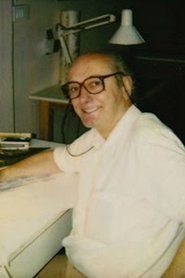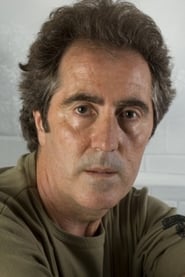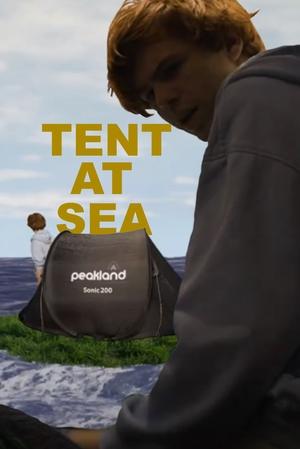
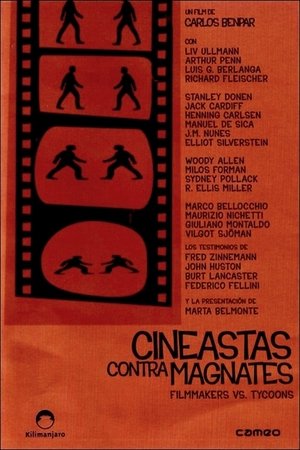
Filmmakers vs. Tycoons(2005)
How the cinema industry does not respect the author's work as it was conceived, how manipulates the motion pictures in order to make them easier to watch by an undemanding audience or even how mutilates them to adapt the original formats and runtimes to the restrictive frame of the television screen and the abusive requirements of advertising. (Followed by “Filmmakers in Action.”)
Movie: Filmmakers vs. Tycoons
Top 10 Billed Cast
Jester
Knight
Philip II of Spain
Priest
Professor
Projectionist

Cineastes contra magnats
HomePage
Overview
How the cinema industry does not respect the author's work as it was conceived, how manipulates the motion pictures in order to make them easier to watch by an undemanding audience or even how mutilates them to adapt the original formats and runtimes to the restrictive frame of the television screen and the abusive requirements of advertising. (Followed by “Filmmakers in Action.”)
Release Date
2005-07-17
Average
6.2
Rating:
3.1 startsTagline
Genres
Languages:
CatalàDanskEnglishItalianoEspañolsvenskaKeywords
Recommendations Movies
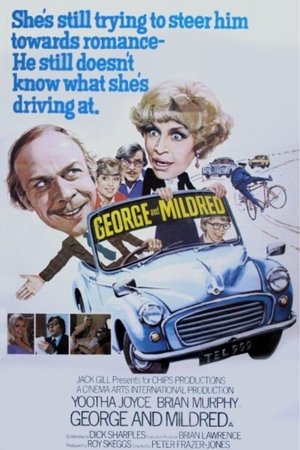 8.3
8.3George & Mildred(en)
Big screen spin-off of the Seventies sitcom. Mildred Roper is determined to make husband George celebrate their wedding anniversary in style, at a posh hotel in London. However, upon arrival George is mistaken by a gangland criminal for a rival hitman, and soon the Ropers find themselves up to their necks in trouble on the wrong side of the law!
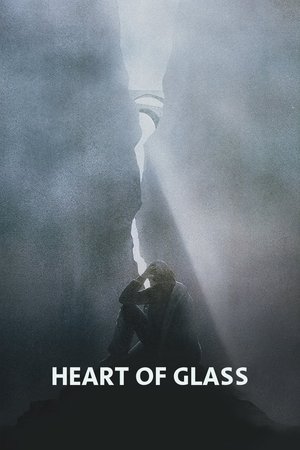 6.5
6.5Heart of Glass(de)
A small Bavarian village is renowned for its "Ruby Glass" glass blowing works. When the foreman of the works dies suddenly without revealing the secret of the Ruby Glass, the town slides into a deep depression, and the owner of the glassworks becomes obssessed with the lost secret.
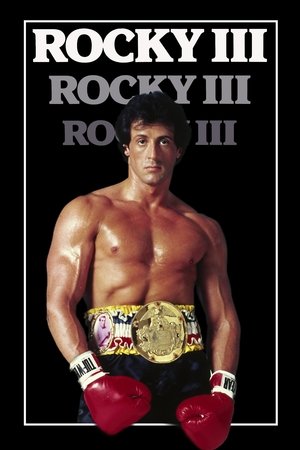 6.9
6.9Rocky III(en)
After an intense fight with Clubber Lang and the death of his trainer Mickey, Rocky Balboa is left devastated. Former rival Apollo Creed steps in to help Balboa get back his fighting spirit.
 6.1
6.1Le Guignolo(fr)
After the failure of his recent criminal exploits, international con artist Alexandre Dupré sets off for Venice to try to dupe some Japanese business men into buying a fake copy of a stolen Caneletto. On the aeroplane, a stranger asks him to look after his briefcase until after they have landed. Alexandre agrees, but the stranger is shot dead soon after and Alexandre himself becomes the target of enemy agents who are keen to recover the briefcase...
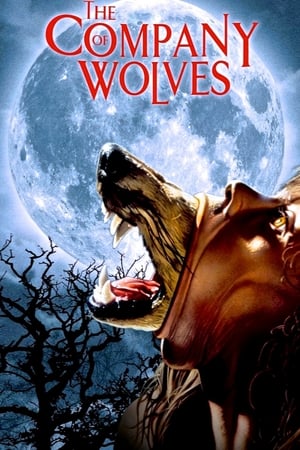 6.3
6.3The Company of Wolves(en)
An adaptation of Angela Carter's fairy tales. Young Rosaleen dreams of a village in the dark woods, where Granny tells her cautionary tales in which innocent maidens are tempted by wolves who are hairy on the inside. As Rosaleen grows into womanhood, will the wolves come for her too?
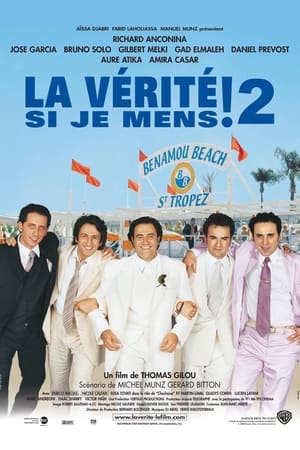 6.1
6.1Would I Lie to You? 2(fr)
Eddie, Dov, and Yvan are back, still working in Paris' Sentier textile district, This time they're confronting the high-stakes world of large distribution after striking a deal with Eurodiscount, a European hypermarket chain.
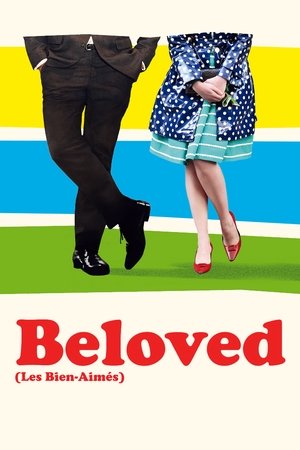 6.2
6.2Beloved(fr)
From Paris in the 1960s to London in the first decade of the third millennium, Madeleine and her daughter Véra flit from one amorous adventure to the next, living for the moment and taking all the opportunities that life offers. But not every love affair is without its consequences, its upsets and its disappointments. As time goes by and gnaws away at one’s deepest feelings, love becomes a harder game to play.
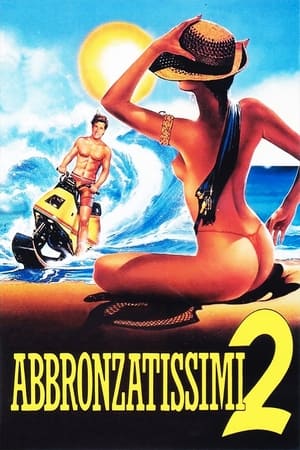 4.8
4.8Suntanned: One Year Later(it)
Adriatic sun and sand set the scene for comic misunderstandings, particularly for a writer pursuing a publisher and a man willing to box for love.
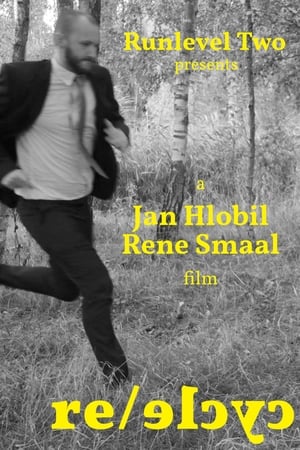 7.7
7.7Re/cycle(en)
With input from actor and writer Jan Hlobil, director and cinematographer Rene Smaal presents a film in the true surrealist tradition, in the sense that only 'found' elements were used, and that it defies interpretation based on ordinary cause-and-effect time sequence.
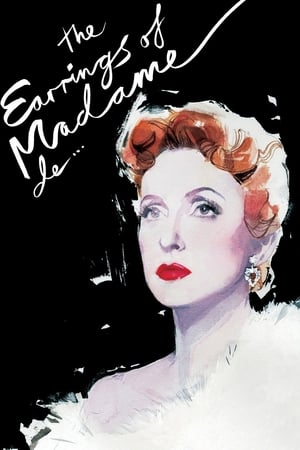 7.5
7.5The Earrings of Madame de...(fr)
In late 19th century France, the Countess Louise, wife of a wealthy general, sells the earrings her husband gave her on their wedding day to pay off her secret debts, then claims to have lost them. Her husband quickly learns of the deceit, which is the beginning of many tragic misunderstandings, all involving the earrings, the general, the countess, and her new lover, the Italian Baron Donati.
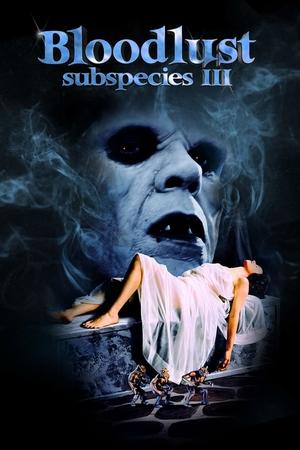 5.2
5.2Bloodlust: Subspecies III(en)
Still in the thrall of the evil vampire Radu, Michelle yearns to be taught the skills of the vampire. Meanwhile, her sister Becky tries to free her from his evil clutches, and this time, she's brought some help.
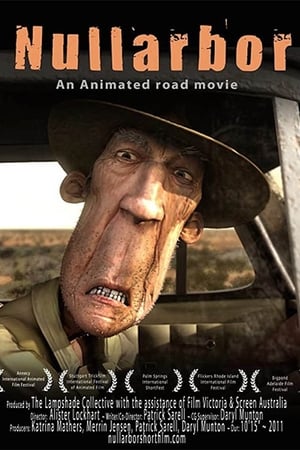 7.3
7.3Nullarbor(en)
An animated road-movie set across the vast and barren landscape of Australia's Nullarbor Plain.
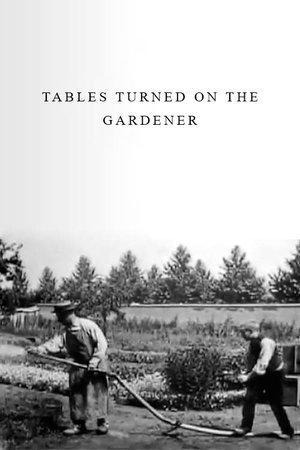 6.8
6.8The Sprinkler Sprinkled(fr)
A gardener is watering his flowers, when a mischievous boy sneaks up behind his back, and puts a foot on the water hose. The gardener is surprised and looks into the nozzle to find out why the water has stopped coming. The boy then lifts his foot from the hose, whereby the water squirts up in the gardener's face. The gardener chases the boy, grips his ear and slaps him in his buttocks. The boy then runs away and the gardener continues his watering. Three separate versions of this film exist, this is the original, filmed by Louis Lumière.
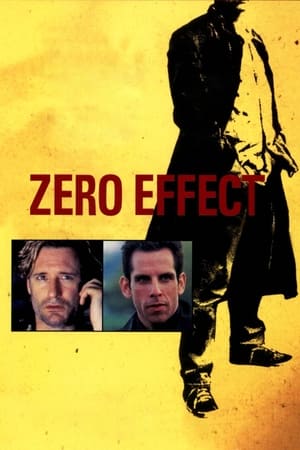 6.2
6.2Zero Effect(en)
Daryl Zero is a private investigator and—along with his assistant, Steve Arlo—he solves impossible crimes and puzzles. Although Daryl's a master investigator, he doesn't know what to do with himself when he's not working; he has no social skills, writes bad music and drives Steve crazy.
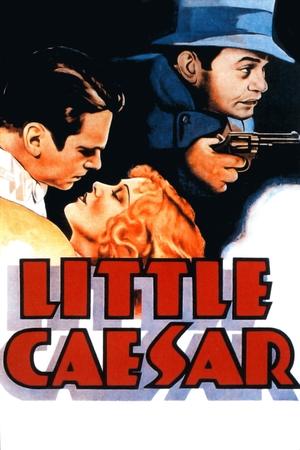 6.9
6.9Little Caesar(en)
A small-time hood shoots his way to the top, but how long can he stay there?
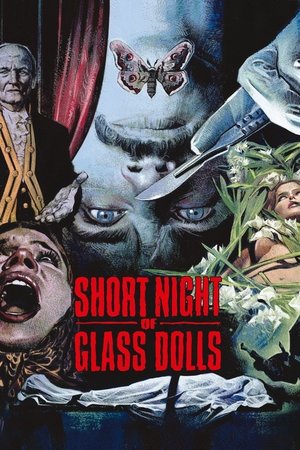 6.7
6.7Short Night of Glass Dolls(it)
An American journalist in Prague searches for his girlfriend who has suddenly disappeared.
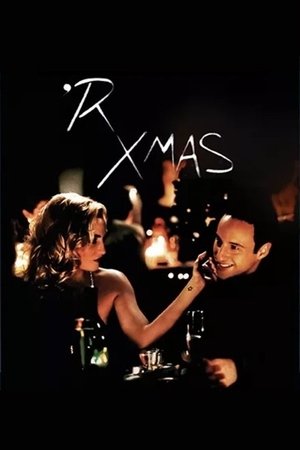 6.2
6.2'R Xmas(en)
A New York drug dealer is kidnapped, and his wife must try to come up with the money and drugs to free him from his abductors before Christmas.
Similar Movies
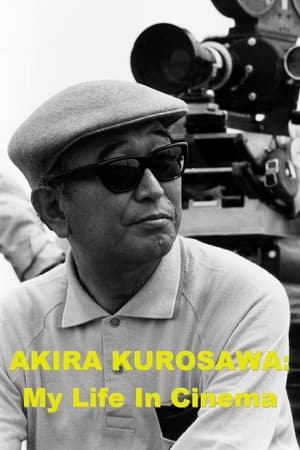 6.5
6.5Akira Kurosawa: My Life in Cinema(ja)
Nagisa Oshima interviews Akira Kurosawa, leading him to share his thoughts about filmmaking, his life and works, and numerous anecdotes relating to his films and his various film activities.
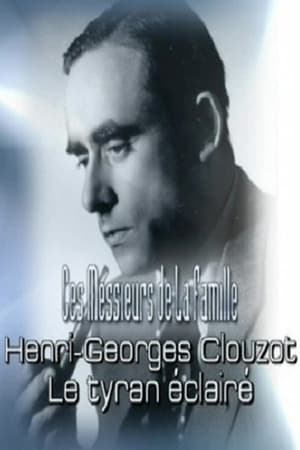 1.0
1.0Henri-Georges Clouzot: An Enlightened Tyrant(fr)
Documentary about the life and career of French director Henri-Georges Clouzot.
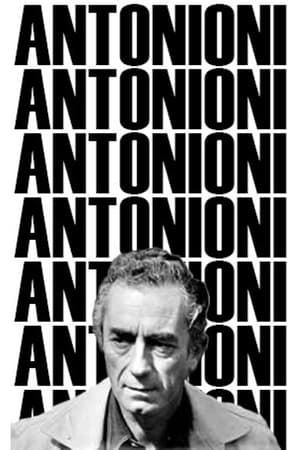 6.2
6.2Antonioni: Documents and Testimonials(it)
A behind-the-scenes documentary about director Michelangelo Antonioni as he's shooting his segment of The Three Faces, a vehicle for Soraya, the former empress of Persia. Featuring interviews with Monica Vitti, Tonino Guerra and more.
 6.0
6.0Clawing! A Journey Through the Spanish Horror(es)
In the late sixties, Spanish cinema began to produce a huge amount of horror genre films: international markets were opened, the production was continuous, a small star-system was created, as well as a solid group of specialized directors. Although foreign trends were imitated, Spanish horror offered a particular approach to sex, blood and violence. It was an extremely unusual artistic movement in Franco's Spain.
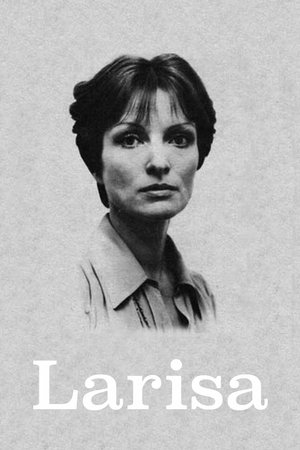 5.9
5.9Larisa(ru)
Elem Klimov's documentary ode to his wife, director Larisa Shepitko, who was killed in an auto wreck.
 6.7
6.7Caligari: When Horror Came to Cinema(de)
On February 26, 1920, Robert Wiene's world-famous film The Cabinet of Dr. Caligari premiered at the Marmorhaus in Berlin. To this day, it is considered a manifesto of German expressionism; a legend of cinema and a key work to understand the nature of the Weimar Republic and the constant political turmoil in which a divided society lived after the end of the First World War.
 3.2
3.2Großes Kino made in DDR(de)
In 2016, DEFA celebrates its 70th anniversary: the film embarks on a journey into the exciting film history of the GDR. In a comprehensive kaleidoscope, the importance of DEFA productions is illuminated, the relevance of the films as propaganda productions for the GDR, which socio-political themes were in the foreground, but also which heroes DEFA brought to the screen and celebrated as people from the people.
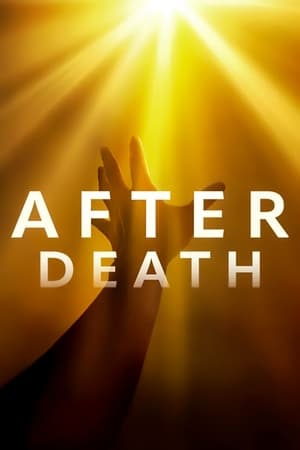 7.1
7.1After Death(en)
Based on real near-death experiences, the afterlife is explored with the guidance of New York Times bestselling authors, medical experts, scientists and survivors who shed a light on what awaits us.
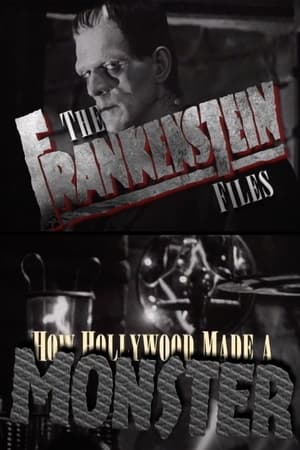 7.7
7.7The 'Frankenstein' Files: How Hollywood Made a Monster(en)
The history of Frankenstein's journey from novel to stage to screen to icon.
The Birth of Children of Paradise(de)
Documentary about the making of Marcel Carne's 1945 film Children of Paradise (France), interviewing the director, the actors and production designer, as well as other French directors.
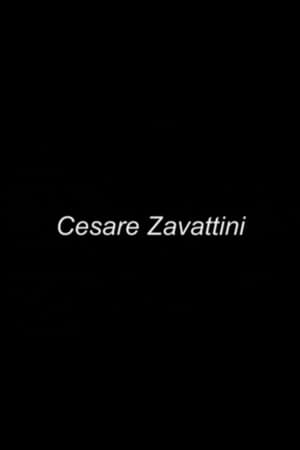 0.0
0.0Cesare Zavattini(it)
Documentary about Italian film screenwriter Cesare Zavattini
 7.0
7.0Chishu Ryu and Shochiku's Ofuna Studio(ja)
Documentary about the life and career of Japanese actor Chishu Ryu.
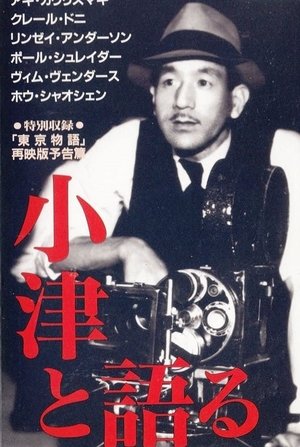 6.5
6.5Talking with Ozu(ja)
A tribute to the legendary Japanese film director featuring the reflections of filmmakers Lindsay Anderson, Claire Denis, Hou Hsiao-hsien, Aki Kaurismäki, Stanley Kwan, Paul Schrader, and Wim Wenders
 8.3
8.3Wings of Desire: The Angels Among Us(en)
This is a documentary about the making of "Wings of Desire" (1987). The director, writer, actors, composer and other contributors speak at length and in detail about how the award-winning film was devised, cast, filmed, scored and edited.
 7.1
7.1The Arrival of a Train at La Ciotat(fr)
A group of people are standing along the platform of a railway station in La Ciotat, waiting for a train. One is seen coming, at some distance, and eventually stops at the platform. Doors of the railway-cars open and attendants help passengers off and on. Popular legend has it that, when this film was shown, the first-night audience fled the café in terror, fearing being run over by the "approaching" train. This legend has since been identified as promotional embellishment, though there is evidence to suggest that people were astounded at the capabilities of the Lumières' cinématographe.
 5.8
5.8Room 999(fr)
In 1982, Wim Wenders asked 16 of his fellow directors to speak on the future of cinema, resulting in the film Room 666. Now, 40 years later, in Cannes, director Lubna Playoust asks Wim Wenders himself and a new generation of filmmakers (James Gray, Rebecca Zlotowski, Claire Denis, Olivier Assayas, Nadav Lapid, Asghar Farhadi, Alice Rohrwacher and more) the same question: “is cinema a language about to get lost, an art about to die?”
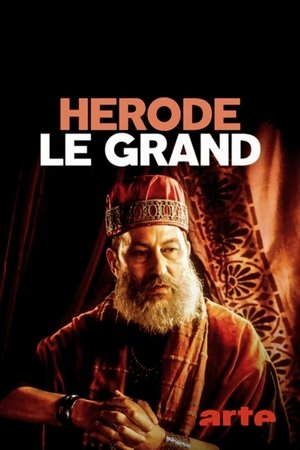 6.5
6.5Herod the Great: The Child Murderer of Bethlehem(de)
An account of the reign of Herod the Great, king of Judea under the rule of the Roman Empire, remembered for having ordered, according to the Gospel of Matthew, the murder of all male infants born in Bethlehem at the time of the birth of Jesus, an unproven event that is not mentioned by Titus Flavius Josephus, the main historian of that period.
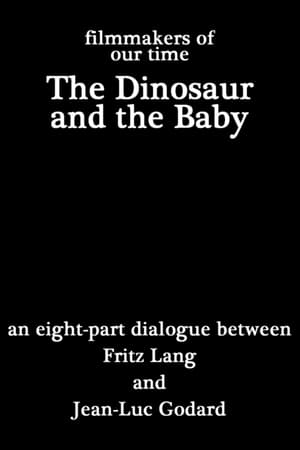 6.0
6.0The Dinosaur and the Baby(fr)
An hour-long discussion between Fritz Lang and Jean-Luc Godard in which they discuss a variety of art forms, the role of the cinema, their collaboration together, and much more. (Filmed in 1964 but released for TV in 1967.)
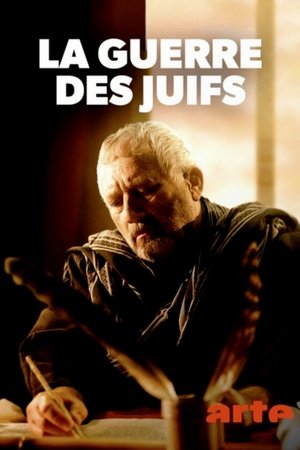 7.0
7.0The Jewish-Roman Wars(de)
In the first century, after the death of Herod the Great, Judea goes through a long period of turbulence due to the actions of the corrupt Roman governors and the internal struggles, both religious and political, between Jewish factions, events that soon lead to the uprising of the population and a cruel war that lasts several years and causes thousands of deaths, a catastrophe described in detail by the Romanized Jewish historian Titus Flavius Josephus.
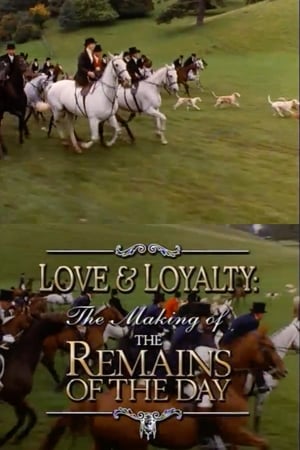 6.0
6.0Love & Loyalty: The Making of 'The Remains of the Day'(en)
The filmmakers and lead actors of The Remains of the Day (1993) discuss how they came to make the film, and the subtle power of its execution.

